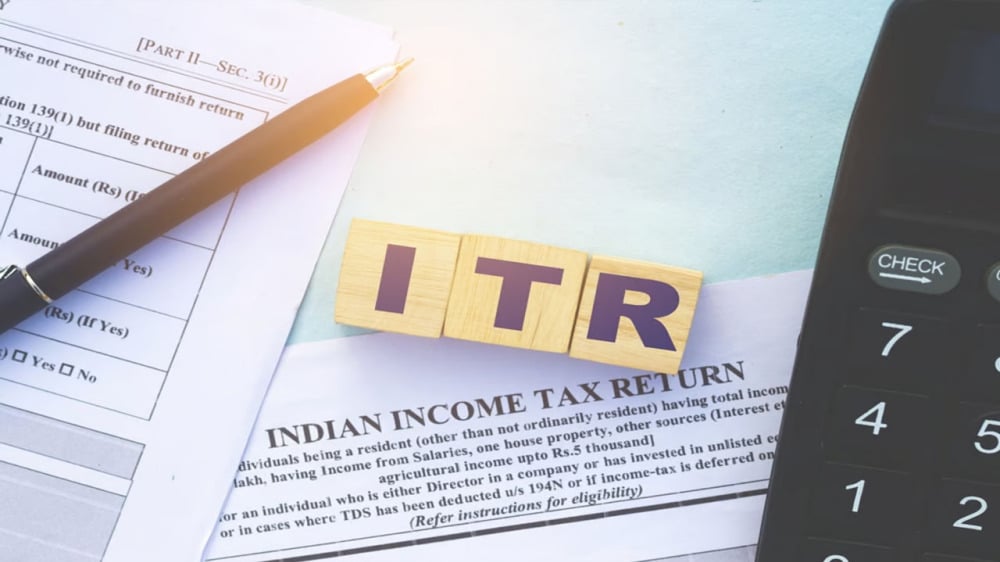
Every employer and earner is required to file an annual income tax return. It allows them to provide details of their income and expenditure. Not filing ITR can lead to a notice from the Income Tax Department. So if you are filing ITR for the first time then you may face some challenges. Like which ITR form to fill, what is the process. No matter how much relief is given. If you are returning for the first time then here are some simple tips.
Choosing the right form
The Income Tax Department has announced seven types of ITR forms for filing income tax returns for the financial year 2023-24. The choice of form depends on the type, amount and limit of income of the taxpayers. Each form is different. Therefore, it is important to choose the right ITR form for tax filing.
ITR-1
ITR-1: This form is for those who are salaried, own property and have income from other sources (interest etc.) up to Rs. 50 lakh. ITR-2: Individuals and HUFs whose income is not from business or profession will opt for this form. ITR-3: ITR-3 is filed for individuals and HUFs whose income comes from proprietary business or profession. ITR-4: This form is preferred for presumptive income from business or profession.
Collect the required documents
Taxpayers must have all the necessary documents to file ITR. The most important among these is Form 16. It is issued by your employer or company, it contains details of your salary and tax deducted. Apart from this, PAN card is also necessary, without it you cannot file ITR. It is also important to have a bank statement to keep track of interest income and other financial transactions. Apart from this, keep investment related documents like PPF, NSC, ELSS papers with you to save tax. Carry TDS certificate as proof of tax deduction on income from other income sources. Form 26AS is also very important for filing ITR. It is the annual tax statement which shows the tax payments and deductions made by you. This form is available on the Income Tax e-filing portal which can be easily downloaded.
Register on the e-filing portal
Those who are filing income tax returns for the first time should first register themselves on the e-filing portal. For this, go to the official website of the Income Tax Department. Go to the register option here. After this, select the taxpayer, now fill in your PAN card details and verify. After this, tell your personal information like name, address, gender etc. Now enter your registered mobile number and email ID. As a part of further process, an OTP will be sent to your mobile number and email, enter it. – Now set your password and login. Register yourself now. As soon as the registration process is completed, you will be informed through message.
Claim the Deduction
There are also many exemptions in tax filing under the Income Tax Act. This can help you reduce your taxable income. According to the Income Tax rules, there is a provision for deduction on investment up to Rs 1.5 lakh in PPF, EPF, NSC, life insurance etc. under section 80C. The benefit of deduction on health insurance premium is available under section 80D. Apart from this, deduction can also be availed on interest up to Rs 10,000 on savings account under section 80TTA. According to section 24 (B), a person can avail a deduction of up to Rs 2 lakh on home loan interest.
Provide details of income
Give proper information about all sources of income in ITR. This includes salary, interest income, rental income and any freelance or part-time work. The last date for filing ITR is July 31. So enter before time. Late filing of returns may attract a penalty of up to Rs 10. After filing income tax return, keep a record of the filed ITA slip and all the required documents. This can confirm any confusion in the future.
E-verification is also necessary
After filing the ITR, its e-verification is necessary. Because, after filing the ITR, if it is not verified then it is declared invalid. Taxpayers can e-verify their ITR by using the EVC i.e. Electronic Verification Code option.
 look news india
look news india